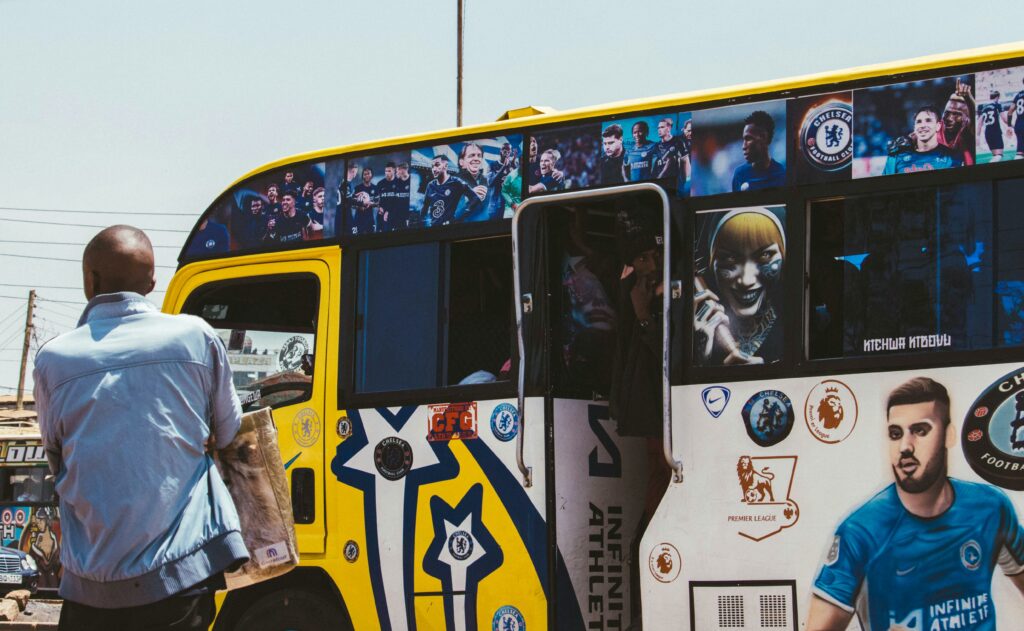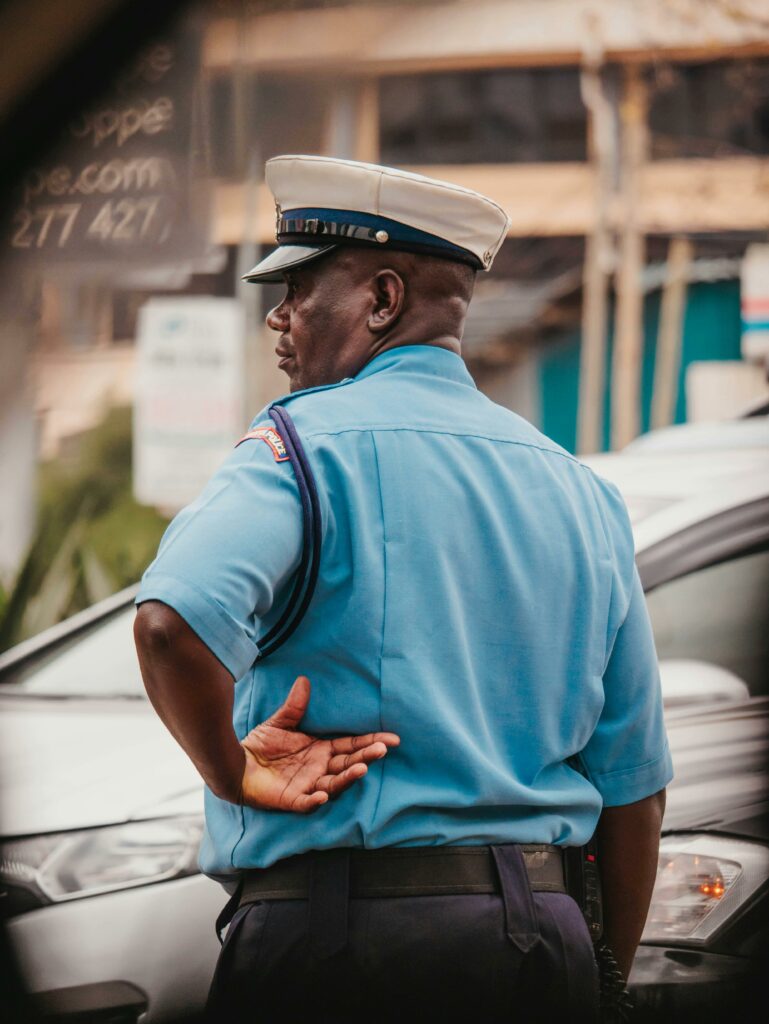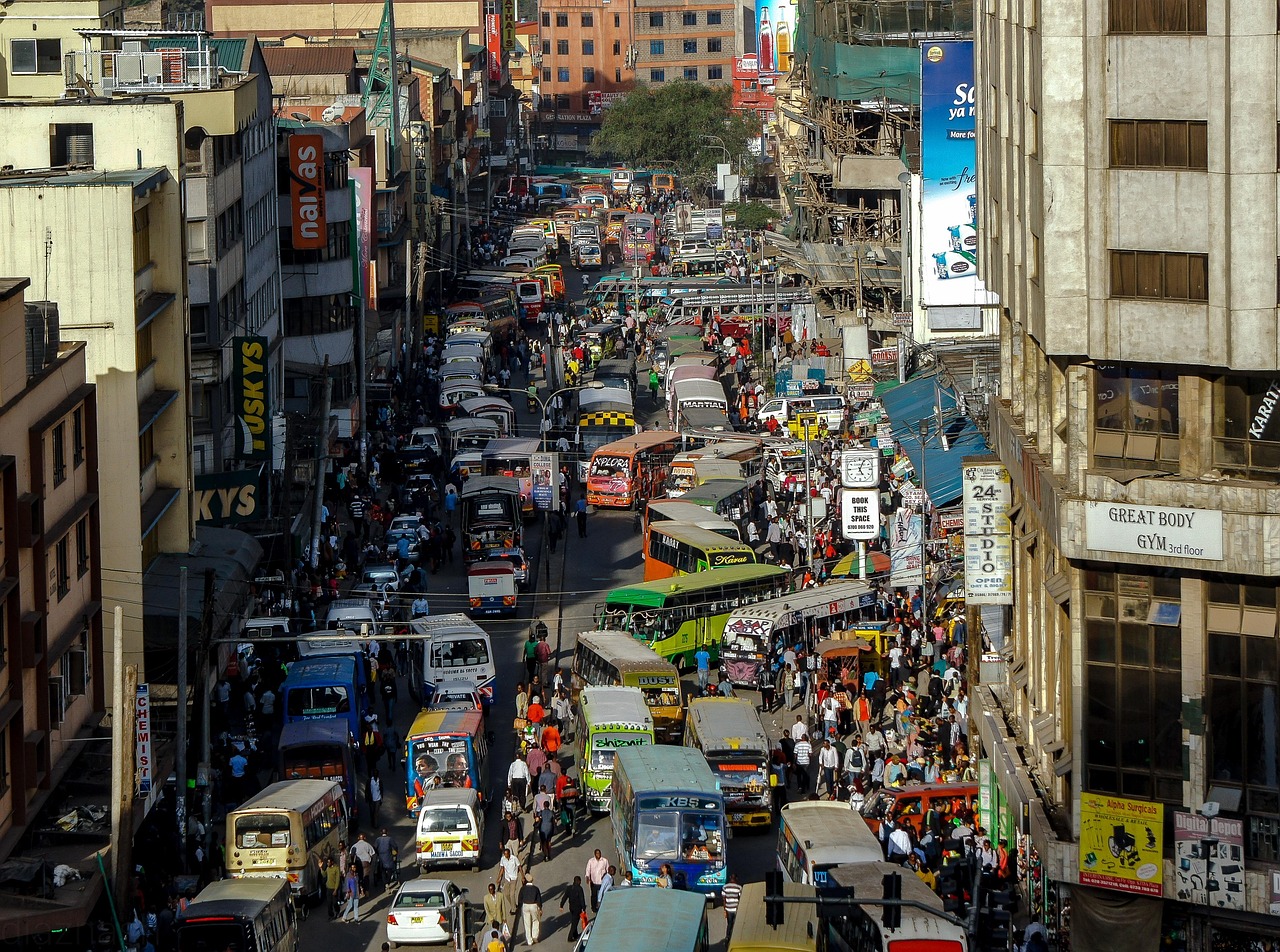How safe is Kenya?
One of the most common questions I get as a Kenyan living in Poland is: "Is Kenya safe to visit? Is Africa safe?" First, let's clear up a common misconception—Africa is not a country; it's a vast continent with 54 diverse nations and Kenya is just one of them.
Safety in Kenya for tourists
Is Kenya is safe to visit? Yes, and it's one of the safest and most rewarding travel destinations in Africa. The people are warm and welcoming, and tourism is a key part of the economy—meaning visitors are valued and well-treated. the government takes security seriously to protect both locals and visitors.
However, like anywhere else in the world, petty crimes such as pickpocketing, mugging and phone snatching can occur especially in crowded areas.
Terrorism & Security Measures
Kenya has experienced terrorist attacks in the past, with the most notable one occurring in 2013. Since then, the government has significantly strengthened security measures, this including:
- Heavy security presence in major public spaces eg malls, business premises and tourist attractions.
- Metal detectors and luggage scanners in shopping malls, airports and public buildings.
- A robust intelligence system monitoring potential threats.
- Sniffer dogs in airports and malls.
Personal Safety Tips

Kenya is safe for daily activities—whether you're working in a café, jogging in the morning or enjoying Nairobi's nightlife.
However, you should always remain aware of your surroundings. Some common petty crimes include phone snatching by thieves on motorbikes (boda bodas) or pickpocketing in public transport (matatus).
Here are some safety tips:
- Keep valuables like phones, passports, and cards in a fanny pack or secure handbag.
- For bulkier items like laptops and cameras, use a secure backpack.
- Avoid walking alone at night in unfamiliar places.
- Stay in safe neighborhoods such as Kilimani, Kileleshwa, Karen, Lavington, Roselyn, Westlands, Ngong Road, Muthaiga, Parklands, Kitisuru, Gigiri, Runda or Ridgeways these areas are popular with expatriates and have enhanced security.
- Use registered taxis or ride hailing apps like Uber, Bolt, or Little Cabs.
Political Unrest & Protests
Kenya’s political scene can be heated and protests occasionally take place. However, most demonstrations are peaceful and planned in advance. To stay safe:
- Stay updated on social media especially X (formerly Twitter), where protest details are often shared.
- Avoid known protest hotspots as police intervention can escalate situations.
- Follow local news for real-time updates.
- Have a tour guide on the ground who you can rely on for security updates and help.
Wildlife Safety – Do Lions Roam the Streets?
"Do you have pet zebras? Do lions walk around Nairobi streets?" If I had a dollar for every time I’ve been asked this, I’d be rich!
The reality? No, we don’t have wild animals roaming our streets. Kenya’s wildlife is safely housed in game reserves and national parks, where they are protected by rangers and wildlife wardens.
This is why Kenya is famous for safaris, an authentic experience to see the animals in their natural habitat. Licensed guides ensure your safety while you admire animals. So no, you won’t be devoured by a black panther while camping in Laikipia!.
Health & Food Safety in Kenya
Kenya has significantly improved its healthcare system and food sanitation, especially in urban and tourist areas. Malaria cases have also dropped drastically. My Polish boyfriend traveled to Kenya for a month without taking malaria pills or vaccines—and he was completely fine!
That said, better safe than sorry:
- Take anti-malaria tablets if recommended by your doctor.
- Get vaccinations as needed.
- Use mosquito repellent or sleep under a mosquito net.
- Drink only bottled or boiled water.
- Eat fresh, well-cooked food to avoid food poisoning.
- checkout WHO for health updates and precautions.
Public Transport Safety in Kenya
Kenya’s public transport is vibrant and diverse. Matatus (public minibuses) are a must-try for adventurous travelers—they’re affordable, colorful and full of energy! While pickpocketing has happened in the past, traffic police have stepped up security and such cases are now rare.
For safer transportation, use ride-hailing apps like Uber, Bolt, or Little Cabs, especially at night.
Street Safety in Nairobi & Major Cities

Nairobi is lively and bustling but its roads can be chaotic. Pedestrian crossings and traffic lights are scarce, so be extra cautious when crossing roads, especially during rush hours. Traffic police often step in to direct movement, but always follow the lead of experienced pedestrians.
You may also encounter street beggars or kids asking for money. A firm "no" usually works—most won’t physically harm you though some can be persistent.
Avoiding Safari Scams
In coastal areas, you may meet people offering "cheap safari deals." Most of these are middlemen, not licensed guides. To avoid getting scammed:
- Ask to see their office or meet their manager.
- Check for a legitimate website and read online reviews.
- Book through verified tour companies
- let Go Afrika curate a detailed itinerary for you with my trusted local guides and tour operators.
African Travel planner and Consultant
At Go Afrika, I help you plan unforgettable, stress-free safaris across Kenya — from hidden gems to iconic parks. As a Kenyan based in Poland, I bring you the best of both worlds: insider knowledge, personalized travel planning and honest advice from someone who knows the land, the people and the real experience.
Whether you’re a first-timer or a seasoned traveler, I’ll guide you through choosing the best safari parks, planning the perfect route and connecting you with reliable local guides — all within your budget.
Ready to create your dream Kenyan safari? Email me or Whatsapp me at +48 793 514 962. Let your adventure start with Go Afrika.


No Responses